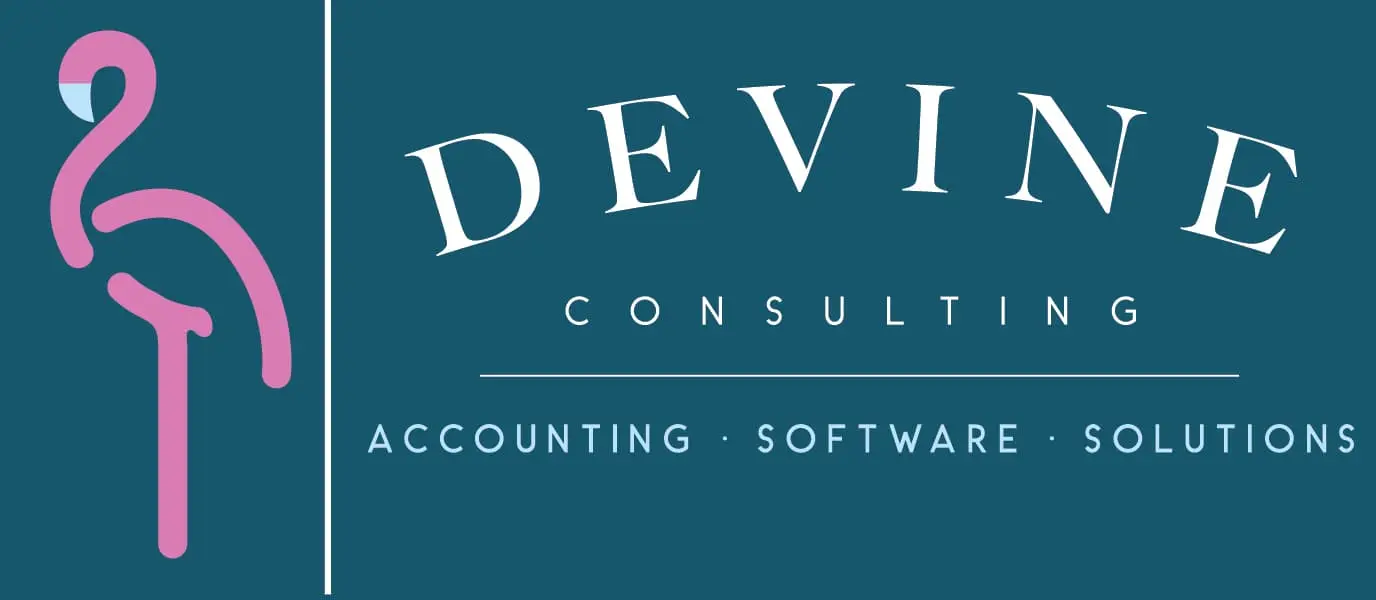The Basics of Accrual Accounting
Accrual accounting is a method of recording financial transactions that doesn’t rely solely on cash inflows and outflows. Instead, it recognizes economic events when they occur, regardless of when the associated cash transactions happen. This accounting method aims to provide a more accurate depiction of a company’s financial position and performance over a specific period. Unlike cash accounting, which only records transactions when money changes hands, accrual accounting captures revenues and expenses as earned or incurred.
How Does Accrual Accounting Enhance Financial Analysis?
Accrual accounting offers several advantages that make it a valuable tool for financial analysis. Here’s how it enhances the process of evaluating a company’s financial health and performance:
Matching Revenues and Expenses
Accrual accounting ensures that revenues and expenses are matched in the same accounting period when they are incurred. This principle, known as the matching principle, helps provide a more accurate representation of a company’s profitability. By recording expenses when accrued, businesses can better measure their cost of goods sold and operating expenses against their revenue for the same period, which is crucial for assessing profitability.
Capturing Long-Term Trends
One of the significant benefits of accrual accounting is its ability to capture long-term trends. By recognizing revenue and expenses when they occur, rather than when cash changes hands, businesses can identify patterns and trends in their financial data over extended periods. This long-term perspective is invaluable for making strategic decisions, such as setting budgets, forecasting future performance, and planning for growth.
Improved Accuracy
Accrual accounting often provides a more accurate representation of a company’s financial position, especially for businesses with complex financial transactions or long sales cycles. It minimizes the distortion caused by variations in cash flow and provides a clearer picture of the company’s true financial performance. This accuracy is crucial for stakeholders, such as investors and creditors, who rely on financial statements to make informed decisions.
Comprehensive Financial Statements
Financial statements prepared using accrual accounting are more comprehensive and informative. They include the income statement, balance sheet, and statement of cash flows, each providing a different perspective on a company’s financial health. These statements offer a complete view of a company’s operations, assets, liabilities, and cash flows, allowing stakeholders to assess its overall financial stability and growth potential.
Easier Evaluation of Financial Health
Accrual accounting makes it easier to evaluate a company’s financial health and solvency. By recognizing short-term and long-term liabilities and assets, businesses can determine their liquidity, leverage, and ability to meet their financial obligations. This is vital for investors and creditors who must assess the risks associated with their investments or loans.
How Businesses Can Leverage Accrual Accounting Data
Budgeting and Financial Planning
Accrual accounting is an essential tool for budgeting and financial planning. By recognizing future revenue and expenses, businesses can create accurate forecasts and allocate resources more effectively. This enables companies to set realistic financial goals, manage costs, and make informed decisions about investment and expansion.
Identifying Seasonal Patterns
For businesses that experience seasonal fluctuations in their operations, accrual accounting helps identify and plan for these patterns. By recognizing revenue and expenses as they occur, companies can determine when they are likely to experience peak or low periods, allowing them to adjust their strategies accordingly.
Assessing Profitability
Accrual accounting provides a more accurate measure of profitability by matching revenues and expenses. Businesses can use this data to assess the profitability of specific products, services, or business segments. This insight is crucial for making decisions about product lines, marketing strategies, and cost management.
Evaluating Financial Stability
By recognizing both short-term and long-term liabilities and assets, businesses can evaluate their financial stability and solvency. They can calculate key financial ratios, such as the current and debt-to-equity ratios, which are important indicators of a company’s ability to meet its financial obligations. This information is vital for investors and creditors when assessing the risks associated with a company.
Making Informed Investment Decisions
Accrual accounting data is instrumental for investors looking to make informed investment decisions. It allows them to assess a company’s financial performance, growth potential, and risk factors. Investors can use financial statements prepared using accrual accounting to determine the value of a company’s stock or bonds and make decisions based on a more accurate representation of its financial health.
Meeting Regulatory Requirements
In many cases, businesses must use accrual accounting to comply with regulatory standards and financial reporting requirements. For publicly traded companies, the Generally Accepted Accounting Principles (GAAP) in the United States mandate using accrual accounting for financial reporting. This ensures consistency and transparency in financial statements, which is critical for stakeholders and regulatory bodies.
Offering Accrual Accounting Services for Multiple Industries
Looking for cost-effective bookkeeping services? We can help! Our sister company, Frankly Bookkeeping, offers bookkeeping services for businesses at a reasonable price.
Why Outsource Your Accrual Accounting to Devine Consulting?
Tracking cash flow is vital for growing your business and reducing costs. However, it’s a time-consuming task that can keep you away from other responsibilities. Partnering with a reputable accounting provider is the approach for ensuring your company’s finances are in order.
Devine Consulting takes pride in working closely with our clients to deliver expert accounting services. Our staff leverages their knowledge and experience to provide solutions that offer the following advantages:
- Reduced costs
- Improved access to experts
- Enhanced efficiency and accuracy
- Increased scalability
- Reduced risk of fraud
Devine Consulting: A Leading Provider of Accounting Services for Texas
Devine Consulting is a leading accounting service provider because we believe in building trust with each of our clients. We implemented security measures that give our clients the peace of mind they need to focus on their business.
Contact us today to learn more about our accrual accounting solutions.

